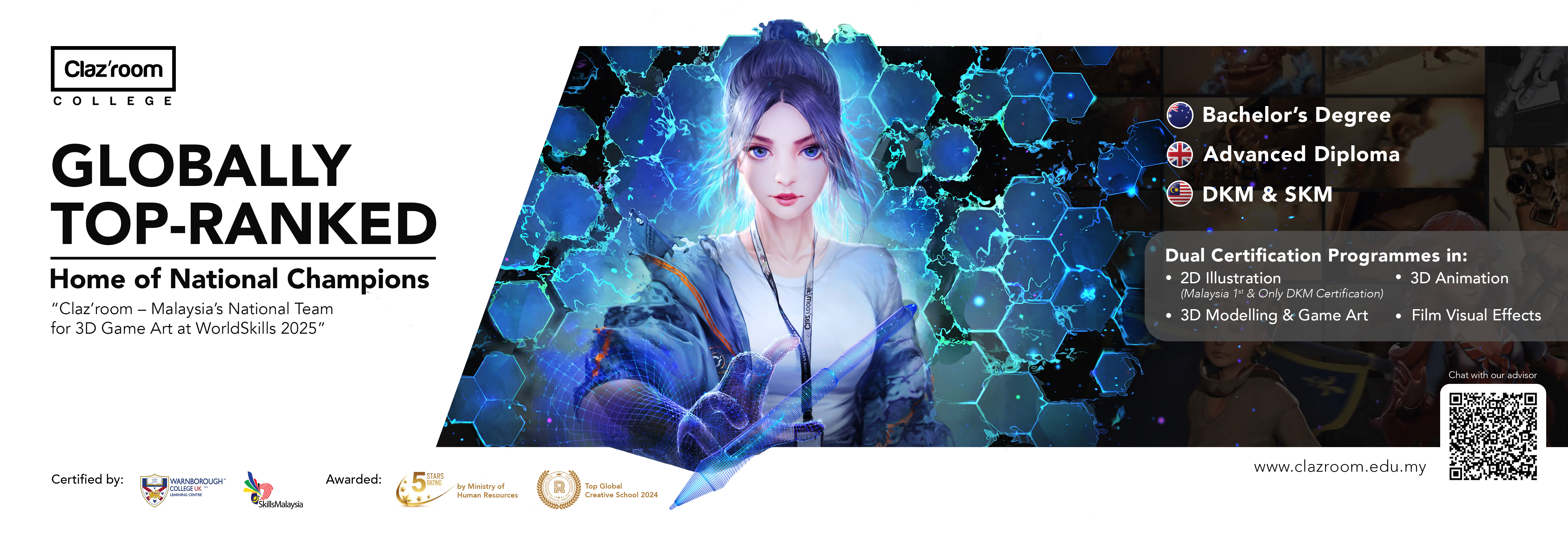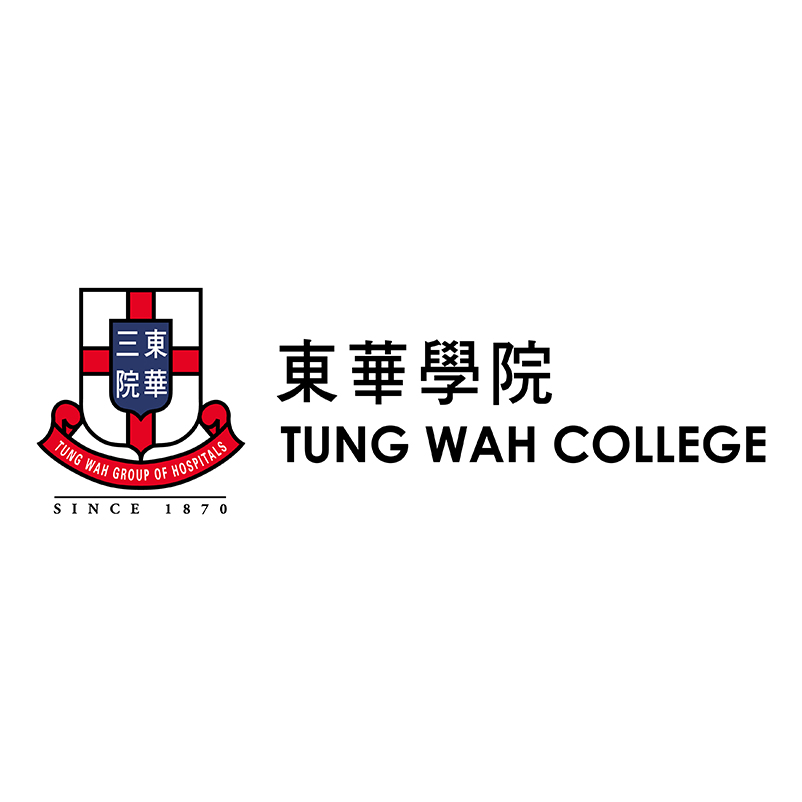MSc (TechInnovation) (Distance Education)
This MSc in TechInnovation (Distance Education) course is a one-year full-time entrepreneurship development programme that aims to fill the gap in terms of entrepreneurship/intrapreneurship/innovation skills identified by small and large companies focused on exploring the commercial potential of solutions to identified industry needs across a wide range of domains.
The aim of this course is to teach people how identify commercial needs, respond to the need in the form of a high level solution, test the viability of that solution, develop a commercial repose and create a company or a new business unit within an existing company, with a particular focus on innovation-driven enterprises that can scale up. We have chosen the successful "Disciplined Entrepreneurship" 24-step process from MIT as the basis for our approach. The course will include working through issues of market analysis, technology viability assessment, competitive positioning, team building, product lifecycle planning, marketing strategy, sales channel analysis, and with a strong emphasis on the entrepreneur/intrapreneur as a salesperson. Business plans will be developed based on the 24 steps, and will include an executive summary, vision and values, market analysis/segmentation and competition, a product and manufacturing plan, a sales plan, a financial plan, and a marketing plan.
The following topics and will be covered in our taught modules and expanded with regard to a selected idea/innovation/need:-
- Introduction to innovation/needs finding
- Primary market research and data triangulation
- Problem areas and existing solutions
- Area analysis and stakeholders
- Weighing factors and filtering needs
- Needs presentation by individual students and associated poster
- Team formation on selected need
- Needs brainstorming and introduction to product design
- Organising and selecting concepts
- Go-to-market basics
- Legal affairs basics
- Business models
- Presentation on concept development overview
- Research and development strategy
- Exploration of prototyping facilities
- Exploration of technology development
- Intellectual property strategy
- Financial modelling
- Prototype evaluation design
- Go-to-market strategy
- Funding sources; venture capital and angel funding
- Quality systems and assurance
- Licensing and alternate pathways
In an Innovation Project, students will work in teams on identifying a real-world problem in a particular domain that requires an insightful technological solution, inventing and implementing the solution, demonstrating its validity and commercial viability (and iteratively improving the solution if necessary), and developing pitches for angel and venture capital funding to allow commercialisation (post-programme). Therefore, work should focus on the startup businesses themselves, the potential for licenses, Enterprise Ireland funding proposals, and business models ready for first-stage investment. Domain areas may include, although are not limited to, tourism, agriculture, marine, fintech, defence, manufacturing, environment, transport, logistics and retail.













